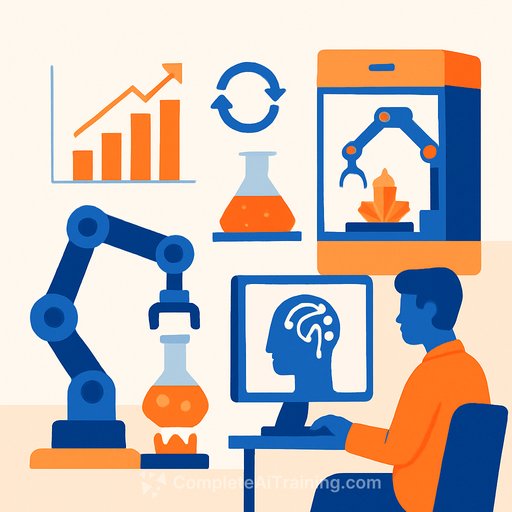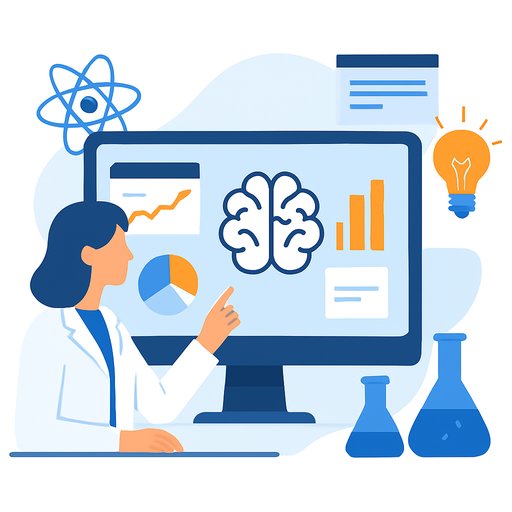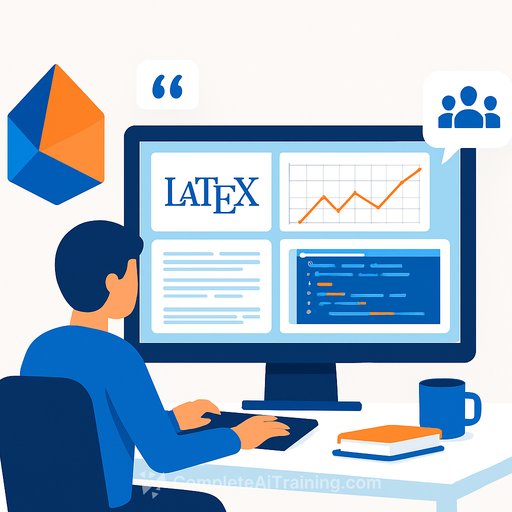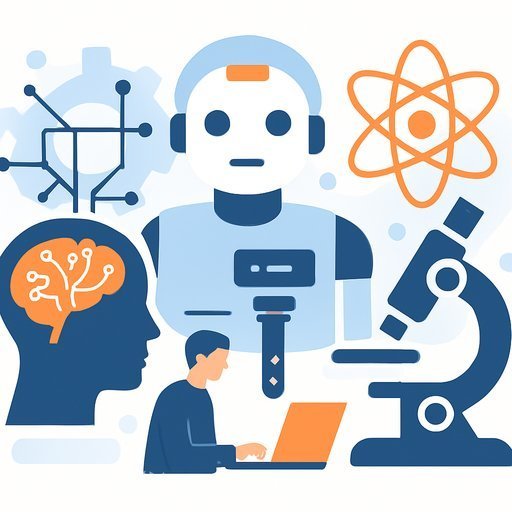Periodic Labs raises $300M to speed up AI-driven materials discovery
Periodic Labs has secured $300 million in seed funding to build AI systems that run autonomous powder synthesis labs and accelerate materials research. Andreessen Horowitz led the round with participation from Nvidia, Accel, and DST, alongside industry leaders including Jeff Bezos, Eric Schmidt, Jeff Dean, and Elad Gil. Bloomberg reported the round values the company at a $1 billion pre-money, and OpenAI had considered participating.
The company's thesis is simple: close the loop between automated experimentation and models trained on private, high-quality lab data. Each run can generate gigabytes of measurements. Feed that back into specialized models, iterate faster, and discover compounds that generalize in the real world-not just in benchmarks.
What Periodic Labs is building
Periodic Labs is developing AI models that operate autonomous powder synthesis labs where materials are turned into powder, heated, and mixed to form new compounds. Robots handle repeatable steps across sample prep, synthesis, and measurement. The resulting data is used to continually improve in-house models instead of relying on web-scale datasets.
First target: higher-temperature superconductors. If successful, these materials could improve chip efficiency and power grid performance by reducing resistive losses.
Why high-temperature superconductors matter
Conventional conductors convert part of electrical flow into heat-one reason data centers need extensive cooling. Superconductors carry current without heat loss, but most only work at subfreezing temperatures, making them impractical for standard servers and many industrial settings. Periodic Labs aims to push operating temperatures higher so the materials can be deployed more broadly.
Background reading: Superconductivity overview.
Team and pedigree
The company is led by Ekin Dogus Cubuk and Liam Fedus. Cubuk previously led Google DeepMind's materials and chemistry team and co-created GNoME, an AI model for materials discovery (DeepMind's GNoME). Fedus is OpenAI's former vice president of research.
The team includes more than two dozen researchers from Meta, Databricks, and Samsung. Hiring is underway for AI researchers, experimentalists, and simulation experts.
Early industry use
Periodic Labs says it is already working with a semiconductor manufacturer dealing with heat dissipation issues. The company is training custom agents that help engineers and researchers interpret experimental data faster and iterate on designs.
What this means for science leaders
- Close the loop: Pair automated labs with models trained on proprietary experiment data. Expect higher signal than web-only corpora.
- Tooling for throughput: Robots standardize steps and cut variance. That consistency matters for reliable model feedback.
- Cross-functional teams: Combine experimentalists, simulation experts, and ML researchers around a shared data pipeline.
- Focus on tractable wins: Materials like superconductors have clear payoff in chips and grids-set bounded milestones and iterate.
Funding snapshot
Round: $300M seed led by Andreessen Horowitz with Nvidia, Accel, DST, and individual backers including Jeff Bezos, Eric Schmidt, Jeff Dean, and Elad Gil. Reported pre-money valuation: $1B. Funds will scale technical hiring and expand deployments with industry.
If you're building similar programs
- Audit your experiment-to-model data path. Remove bottlenecks between synthesis, measurement, curation, and training.
- Start with one high-value materials target and define decision thresholds for each iteration cycle.
- Instrument everything. Multi-gigabyte runs are only useful if metadata, provenance, and protocols are clean.
Looking to upskill your team on AI for R&D workflows? Explore role-based learning paths: AI courses by job.
Your membership also unlocks:






